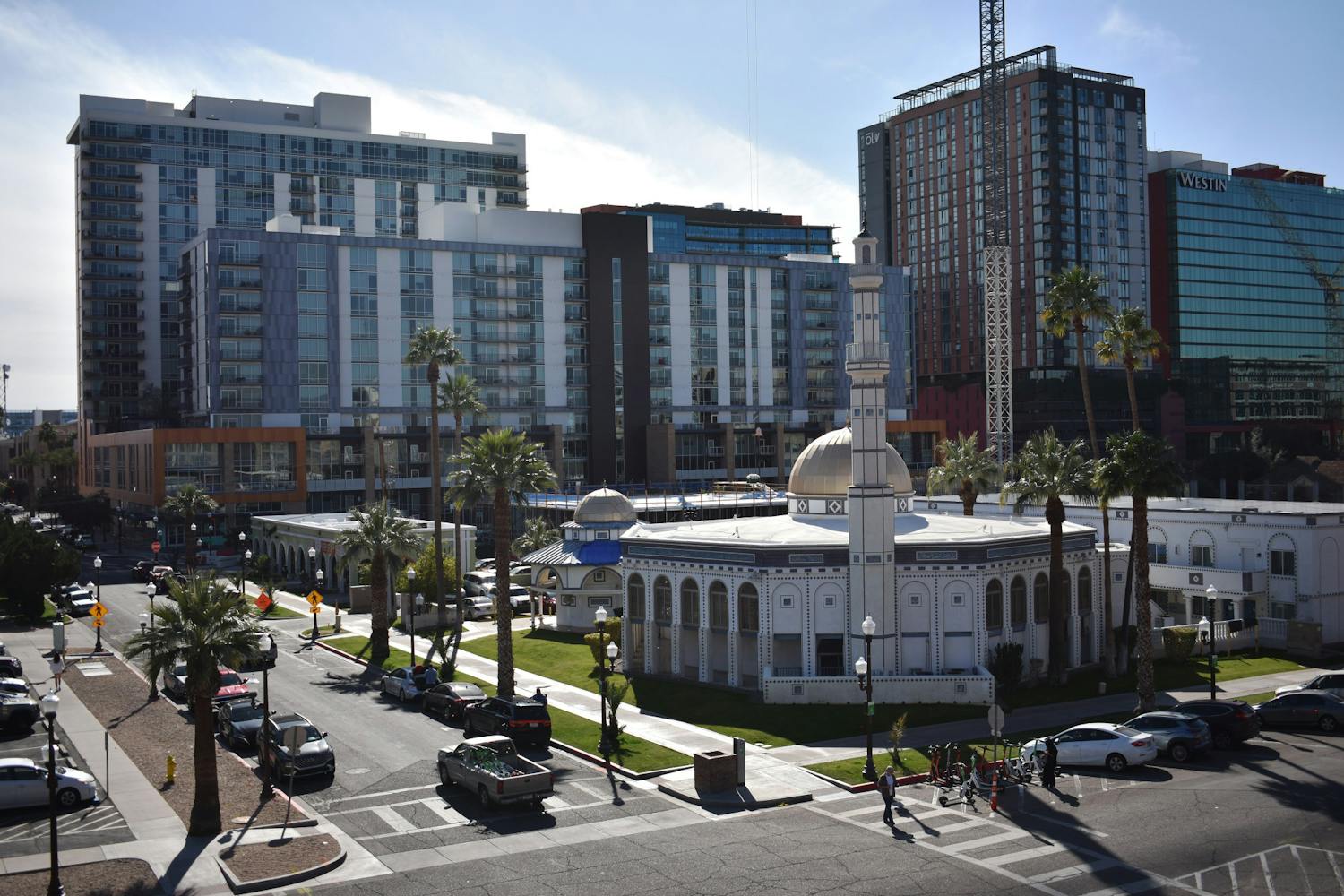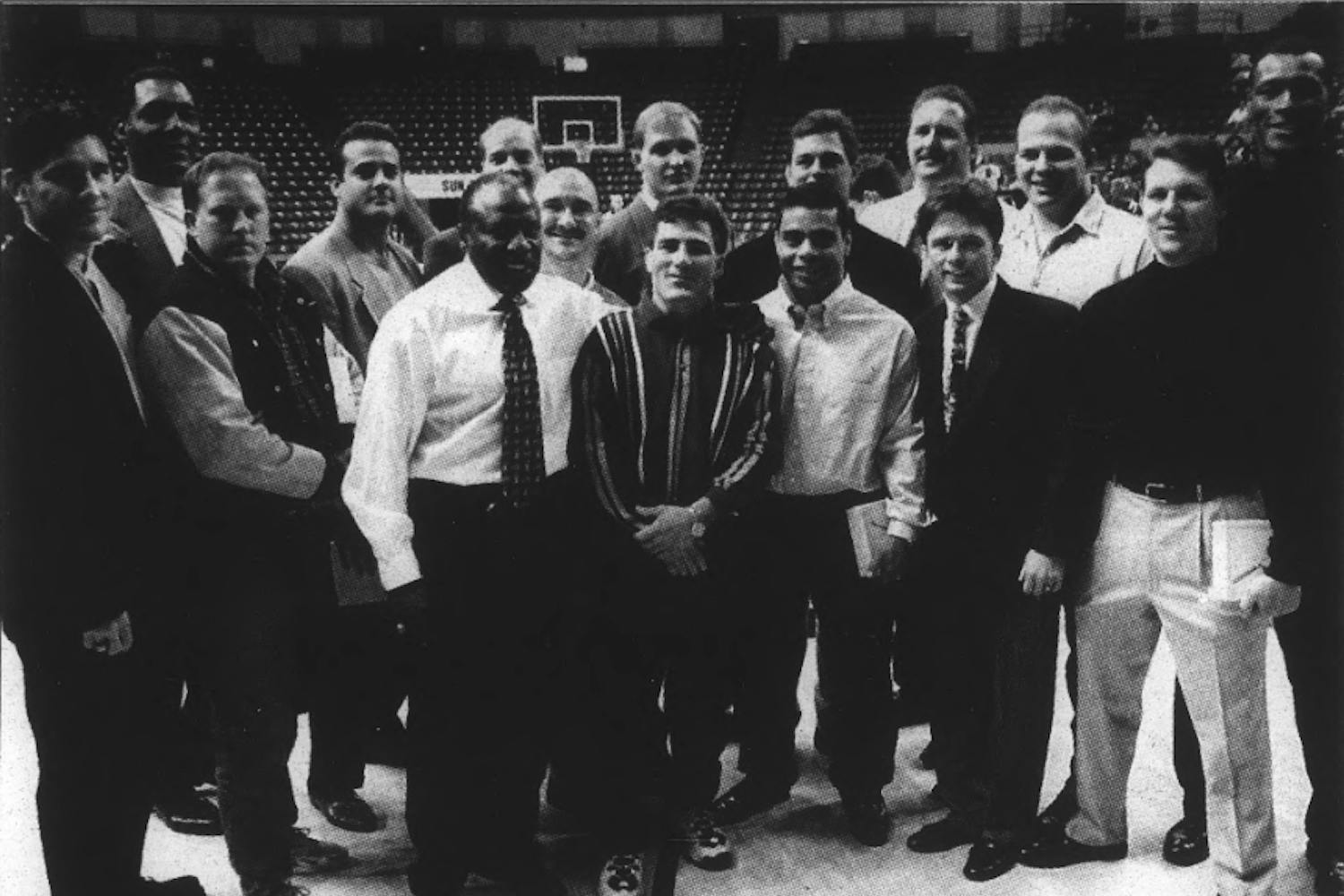Six distinguished religious leaders shared methods of achieving personal peace at a symposium held Wednesday in the Alumni Lounge of the Memorial Union.
Although each of the speakers represented a different religion with its own set of beliefs, all of them agreed on the importance of faiths uniting in the name of world peace.
The two-hour free symposium, presented in conjunction with ASU's Campus Interfaith Council, invited all attendees to listen to the speakers while having a brown-bag lunch.
"What we had hoped to have is an interfaith dialogue," symposium coordinator Janice Sharples said.
The six speakers were invited to the symposium to share a 15-minute dialogue in which they explained their own personal ways of achieving peace through their religion, Sharples said.
The various religions represented among the six speakers included Buddhism, Islam, Native American, Roman Catholicism, Religious Society of Friends (Quakers) and West African Orisha.
"Truth has to be started by our inner peace," said Buddhist speaker Master Dari Wu Hsi Ming through a translator. Ming is a Presiding Dharma Master and is originally from Taiwan but was on his first U.S. teaching tour.
"If we want to be happy, we should be gentle and kind to everybody," Master Dari said.
Master Dari explained that in Buddhism, one can understand so much more about the universe by being more open-minded.
Master Dari said he believed that if people have kindness in their hearts, the world would become more peaceful.
"This is a very difficult problem," Master Dari said about peace. "We don't think of others; we just think of ourselves. If we think of others, world peace is attainable."
Islamic speaker Imam Ahmad Shqeirat said peace is fundamental for the Islamic faith. Shqueirat is a member of the Islamic Community Center in Tempe and a member of the Tempe Interfaith Ministry.
Stephanie Anderson is a reporter for the Web Devil at www.asuwebdevil.com. Reach her at stephanie.j.anderson@asu.edu.



